The ongoing conflict between Israel and Hamas has now entered its tenth month, with over 39,000 casualties reported. Recent developments have further escalated tensions in the Middle East, notably Israel's assassinations of two high-ranking leaders: Fouad Shukur, a senior Hezbollah military commander, in Beirut, and Ismail Haniyeh, the top Hamas political official, in Tehran. Just before these two events, a Hezbollah rocket slammed into a soccer field in the Golan Heights, killing 12 children.
These events have been alarming, and there is a legitimate fear that they could spark a wider war in the region. However, all parties have expressed a desire to avoid full-scale war. While tensions are high, a regional conflict involving Hezbollah, Israel and Iran — potentially drawing in the US and other nations — may be less imminent than it appears. These offensive actions might be part of a calculated strategy to signal boundaries and demonstrate power without crossing the line to broader conflict.
Perhaps the greater issue Israel faces is its growing internal tensions, particularly the widening rift between the far right and more moderate elements of the government. An arrest of 10 Israeli soldiers on July 29 for sexually assaulting Palestinian prisoners ignited heated protests. This has heightened concerns that Israel could be on the brink of internal conflict and destabilization.
Who did Israel assassinate, and why?
Israel’s assassination of Fouad Shukur was reportedly in retaliation for a Hezbollah rocket attack that struck the occupied Golan Heights, tragically killing 12 children. Shukur was allegedly behind this attack. He had also been wanted in the US for decades due to his involvement in the 1983 bombing of a Marine Corps barracks in Lebanon, which killed 241 American service members.
Assasinating the Hezbollah commander thus appears to be a more or less rational move. However, the assassination of Hamas leader Ismail Haniyeh seems less logical from a strategic perspective.
Haniyeh was killed when an Israeli rocket hit his official residence in Tehran while he was attending the swearing-in ceremony of Iran’s new president. Iran has long used Hezbollah as a proxy in its broader strategy against Israel. Haniyeh was the the head of Hamas’s political wing and widely known for his more moderate and cosmopolitan approach, compared to his counterparts. He was a central figure in the ongoing efforts to broker a ceasefire in Gaza. The killing of Haniyeh likely silenced a moderating voice within Hamas and could push his successor toward a harder, less compromising stance against Israel.
Domestic political pressures, rather than military necessity, may have driven the assassination. Israeli Prime Minister Benjamin Netanyahu may have felt the need to strike Iran in order to assuage the far right and maintain domestic stability.
There is a concern that events could escalate into a broader conflict in the Middle East, all parties have continuously expressed a desire to avoid full-scale war. Each side appears to be carefully navigating the situation, using targeted strikes and other "tit for tat" tactics to communicate their limits while avoiding escalation. For instance, when Iran launched 300 missiles and drones at Israel, they made it clear through backchannels that they were not seeking war. Israel responded in a similar manner, signaling its intent to avoid a broader conflict.
Israel’s growing internal tensions
While external threats are significant, the growing rift between the far right and more moderate elements of the Israeli government poses a greater risk to the country's stability.
On July 29, Israel arrested 10 soldiers for the sexual assault and abuse of Palestinian prisoners. Following their arrest, far-right protesters stormed two military bases in Southern and Central Israel. Protests have continued into this month, with right-wing demonstrators effectively rallying for the right to rape and mistreat Palestinian detainees as they see fit.
In this situation, Netanyahu has positioned himself as a moderate figure, and Defense Minister Yoav Gallant called for peace, emphasizing that no one is above the law. However, the far right remains defiant, rejecting these calls. The growing schism within Israel is becoming increasingly serious, raising concerns that the country could be on the verge of internal conflict — potentially even civil war.
The big issue for Israel may be the internal struggle between its more secular, democratic heritage and the rise of ultra-Orthodox factions. This internal struggle is harder to see than the immediate external conflicts but potentially even more destabilizing in the long run.
[Ting Cui wrote the first draft of this piece]
The views expressed in this article/video are the author’s own and do not necessarily reflect Fair Observer’s editorial policy.





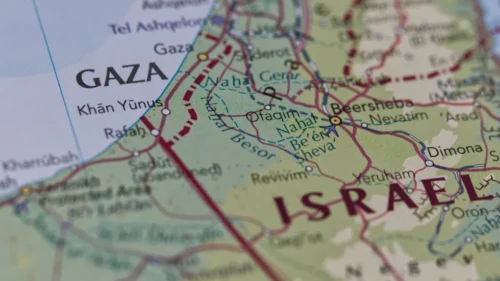
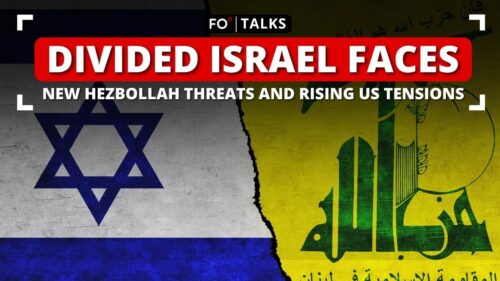

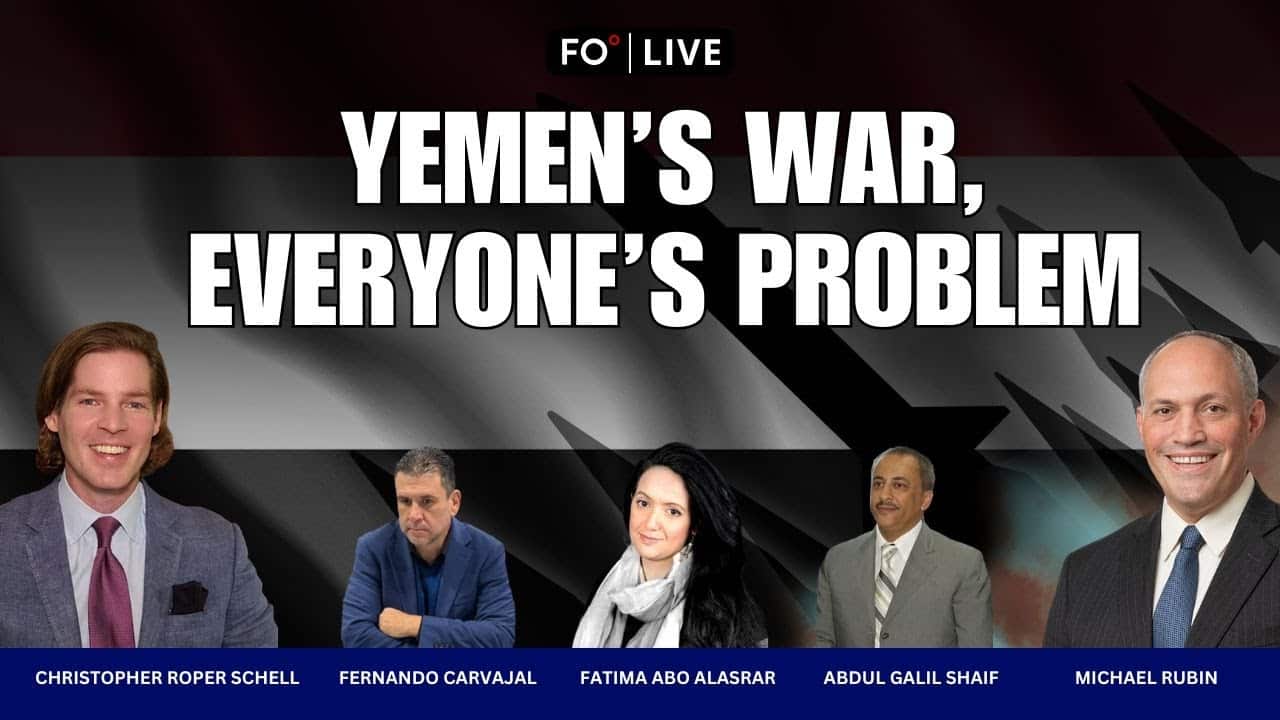




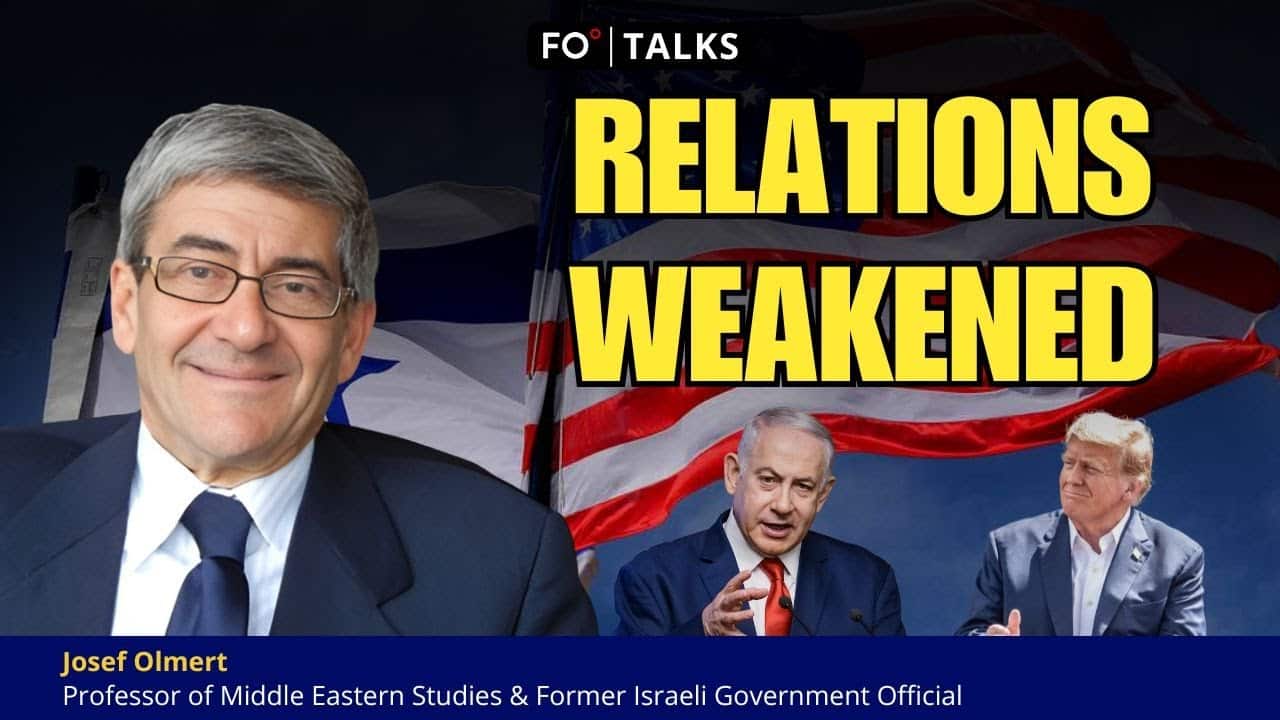



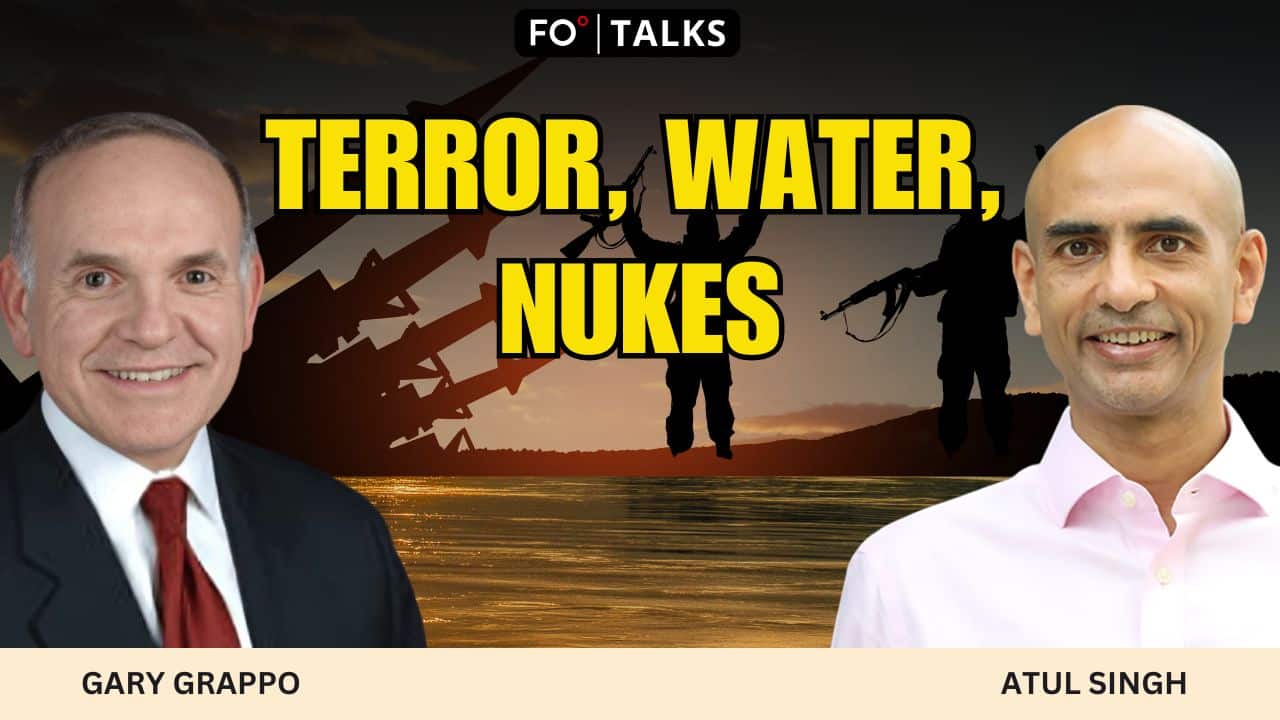

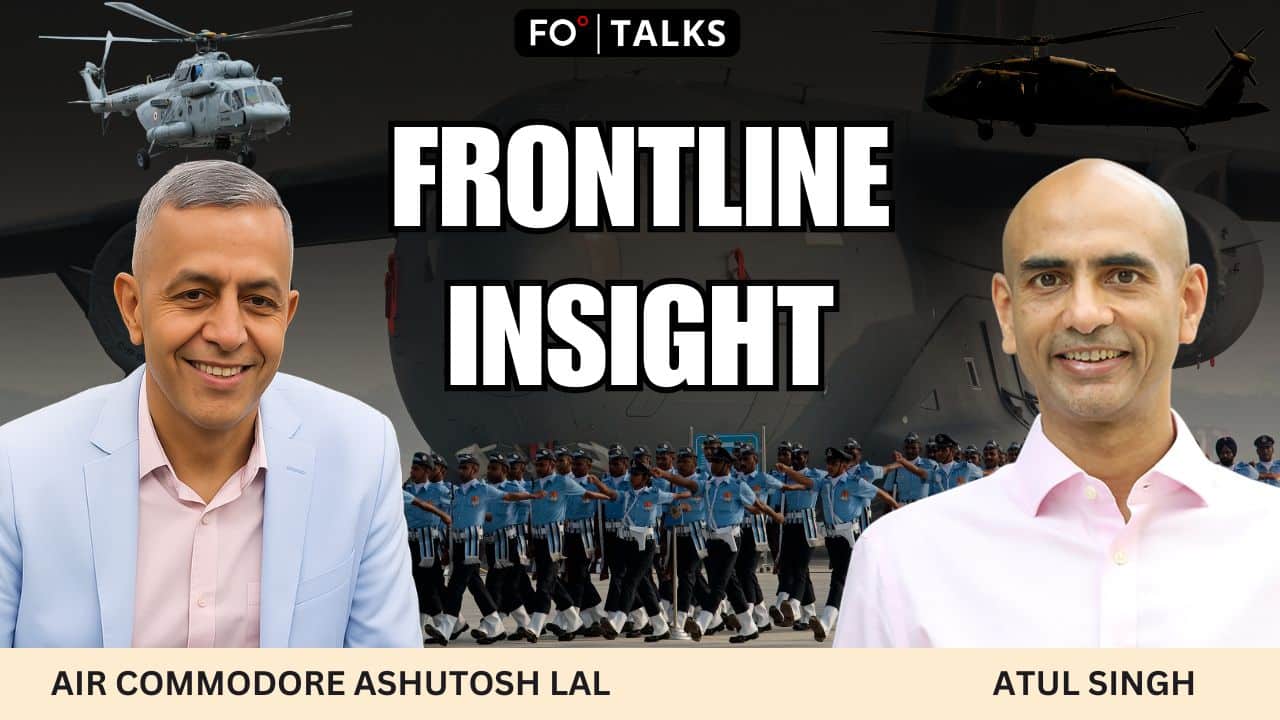

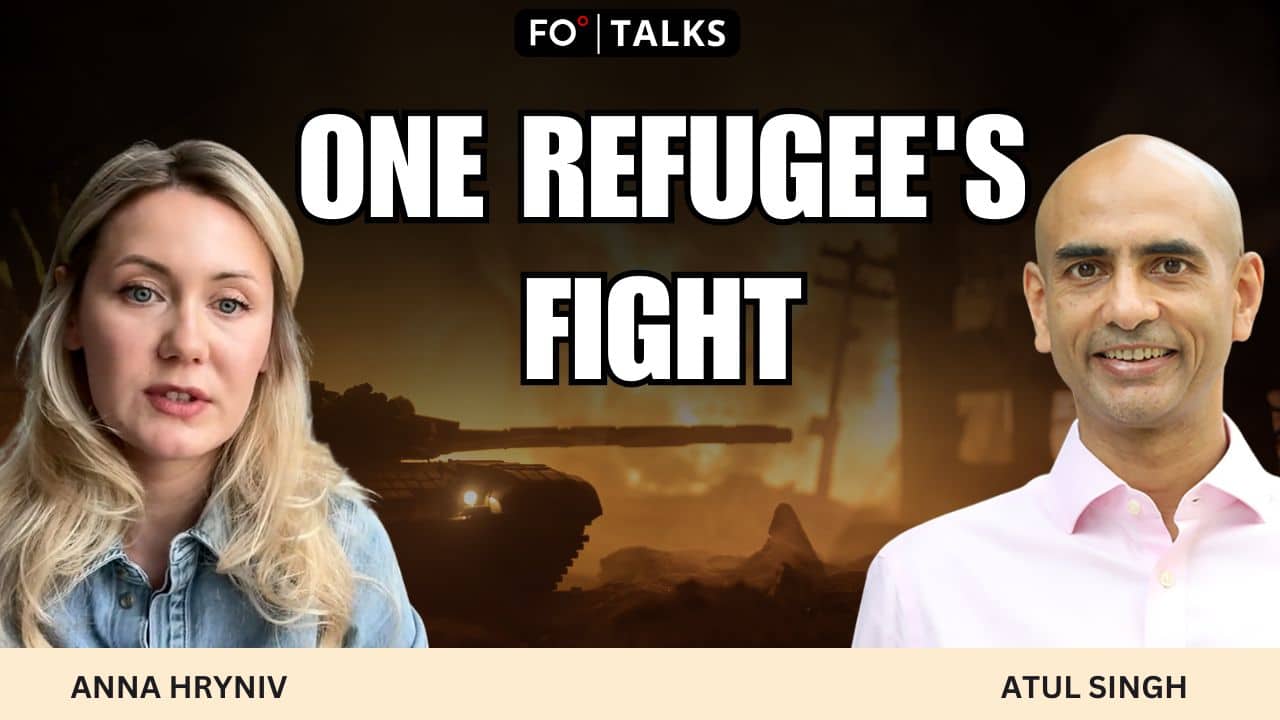

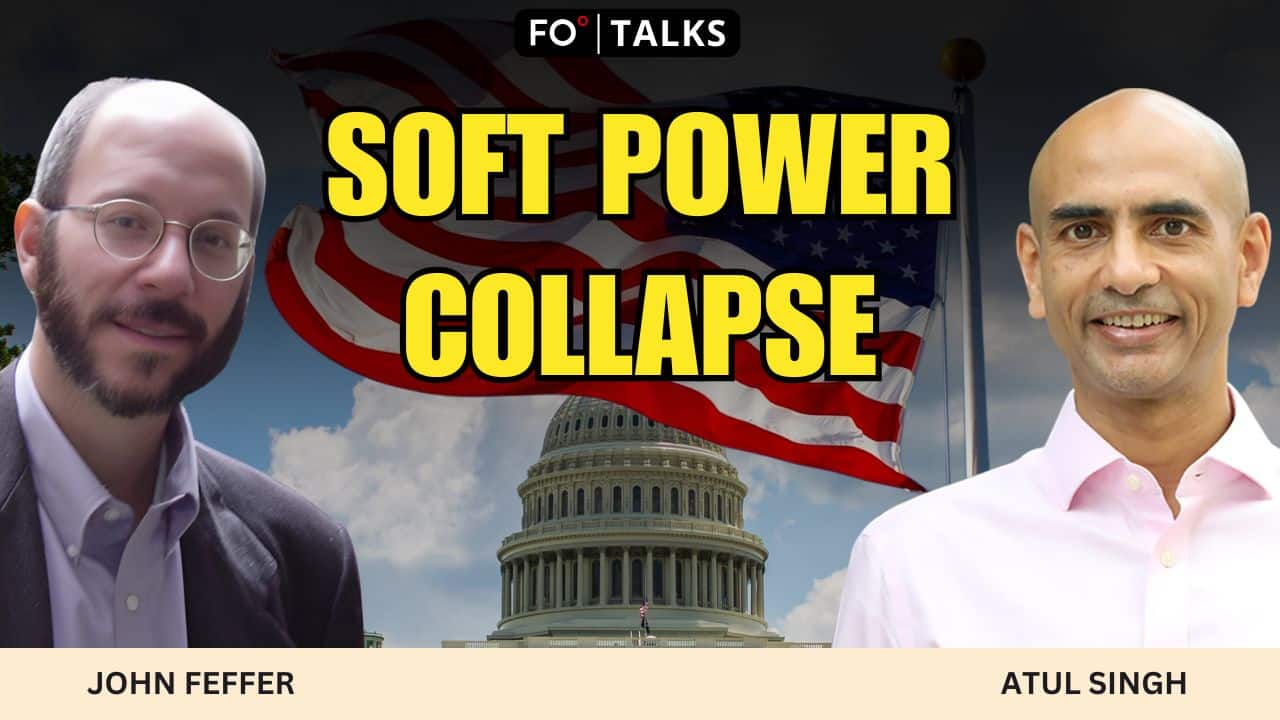

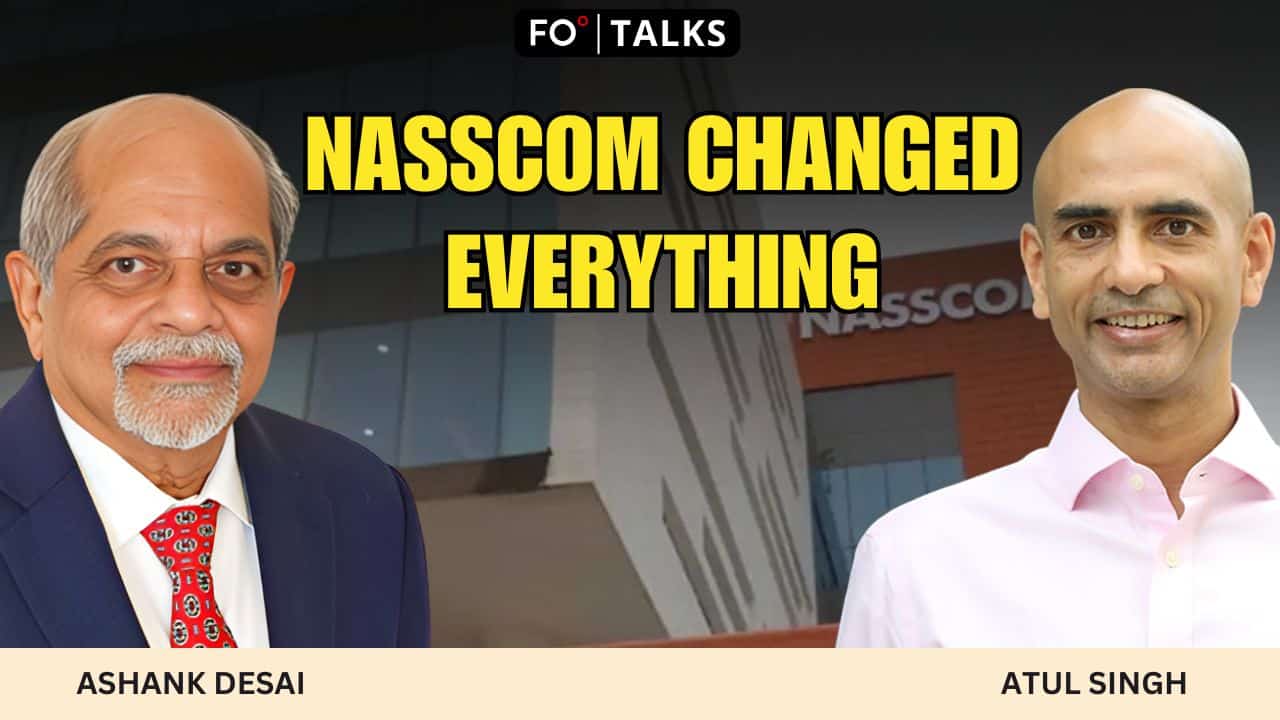









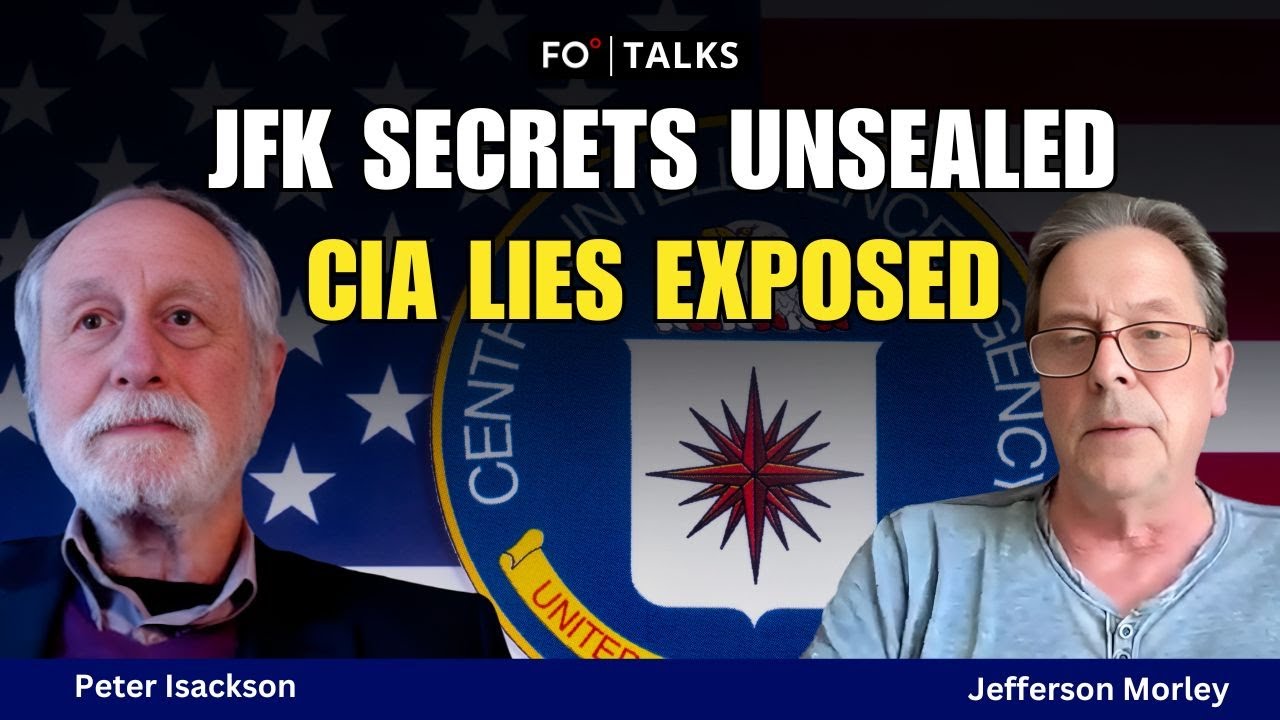





Comment